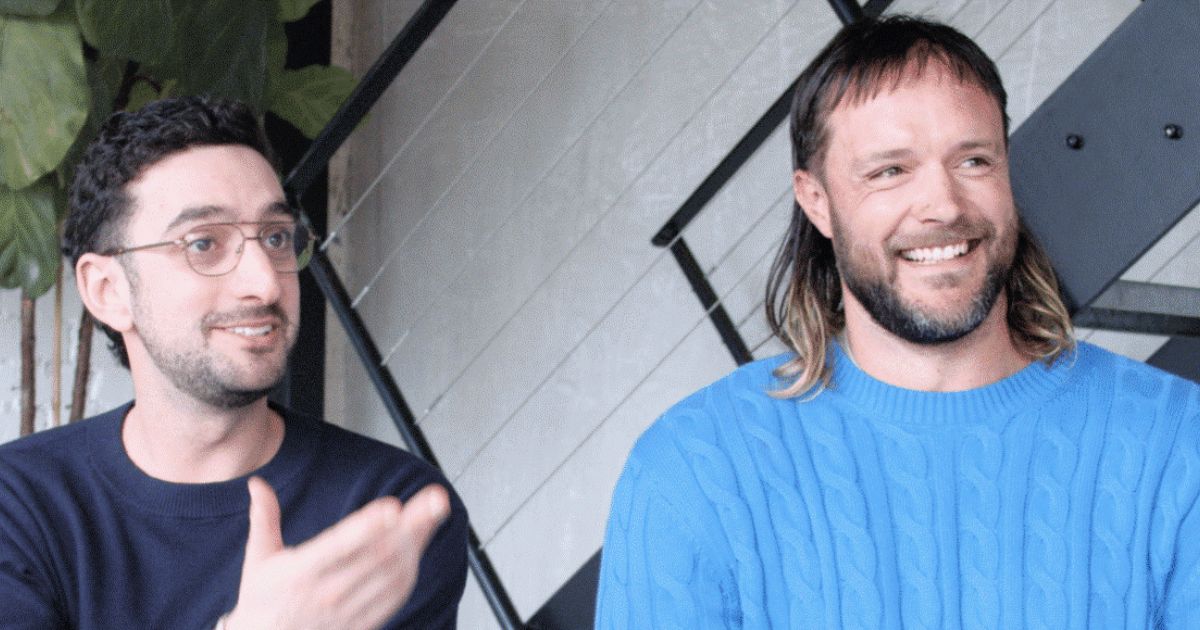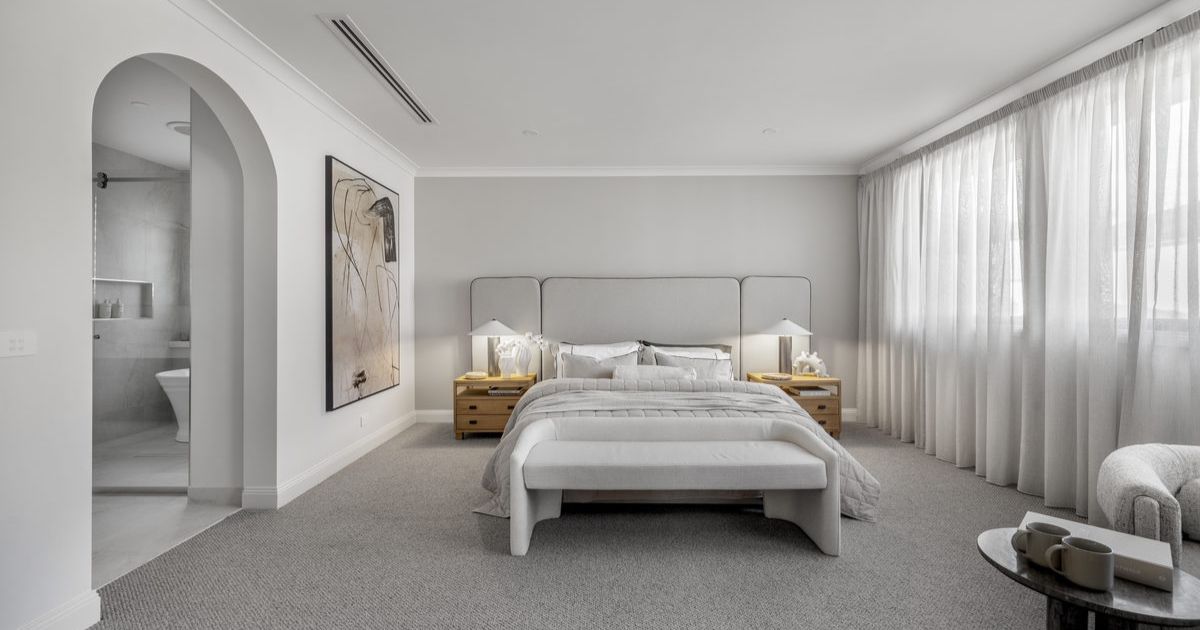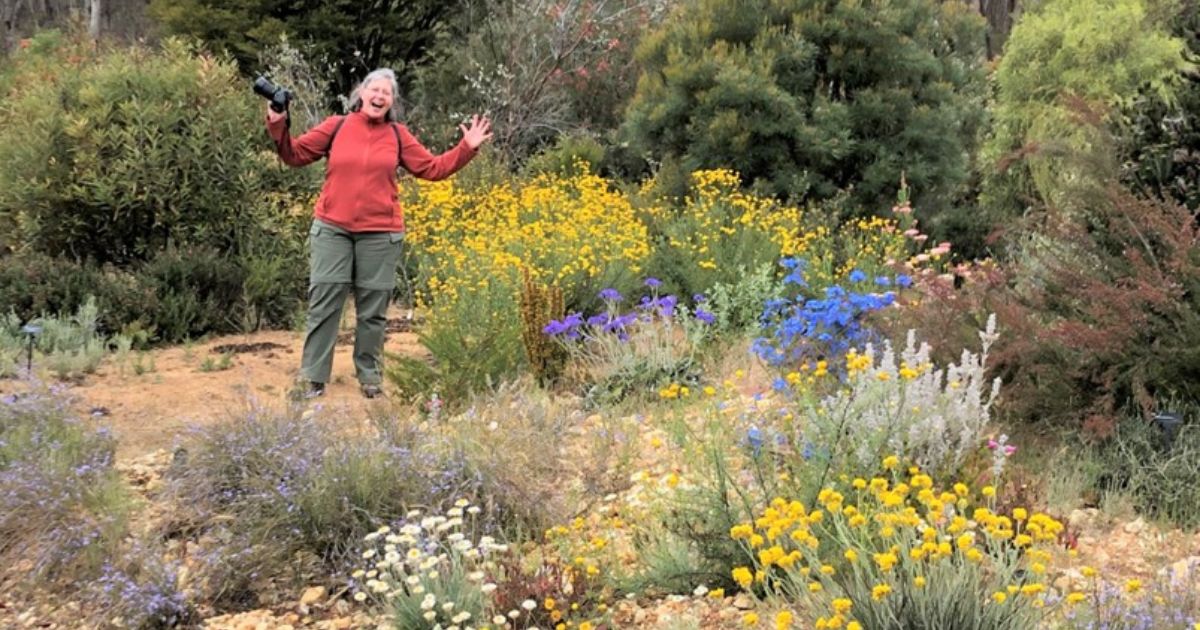From the desk of Roland Rocchiccioli

Staring into the future: One can only suppose what might have been for LCpl. Gregory Stanford. The life denied…
THE greater the distance from one’s date of birth, the more one is inclined to reflection. The photograph of an Australian soldier who died in the Vietnam conflict caused me to give thanks for my good-fortune.
Unfamiliar to me, conscript Lance Corporal Gregory Ian Stanford came from Goulburn, NSW. He served with Royal Australian Regiment (6RAR). On December 18, 1969, he was fatally wounded during the Nui Tao Mountains, Phuoc Tuy, fighting, Vietnam. He was 22. His body was repatriated.
The Vietnam conflict was my war. In Perth, 1967, together with every eligible 20-year-old Australian male, I was forced, legally, to register for National Service. Failure, without reasonable explanation was an offence and consequently automatically balloted-in and considered for call-up. Also, liable to be fined. The government incarcerated fourteen men who refused to obey their call-up notices. The ballot was broadcast. We listened. Mercifully, my birthdate marble was not drawn from the barrel. Still I recall the elation at being spared the horror.
In Sydney, two-years later, I was working on Hair: The American Tribal Love-Rock Musical which vehemently opposed the war in Vietnam. The show’s powerful message — “Make Love Not War” — contributed greatly to ending the unwinnable war — an ideological conflict in which Australia had no business. Regrettably, the late Prime Minister Harold Holt famously said: “All the way with LBJ” (President Lyndon Bain Johnson took office following the assassination of John F. Kennedy).
Conscription, launched by the Menzies Coalition Government — he was obsessed with communism — “reds under the bed”, occurred from 1964 until 1972. It was halted by the newly-elected Whitlam Labor Government. From 15,300 conscriptees, more than 200 died, and some 1,200 were wounded. A total of 523 soldiers died.
Between theatre jobs, 1969-70, I was a barman at the Oceanic Hotel, Coogee — a “Rest and Recreation” (R&R) venue for Vietnam US soldiers. They visited for 7-days. Mostly, we were the same age. We talked, endlessly. Sadly, I cannot remember their names, or the detail of those conversations. I hope they all survived. Fatal US military casualties totalled 58,220.
As before, conscription divided our Nation; however, it was the barbarous 1969 My Lai massacre, led by the murderous US Lt. William Calley, which so horrified the world, and galvanised peaceful protestors to take-to-the-streets. Calley and his 100-soldiers murdered Vietnamese civilians using automatic weapons and grenades. They bayoneted 173-children, 53 of whom were infants; murdered 60-elderly men; and raped and shot 282-women (17 of whom were pregnant).
Conscription represented an entrenched conservative government’s damaging policy. Their electoral victory led to blatant hubris; an assumed mandate to disregard the voice of people. Vietnam became television’s first war. Nightly, disturbing images culminated in national moratoria, the largest public demonstrations in Australia’s history. In a time of seismic social change, outraged citizens from many social milieus wilfully challenged authority. Mothers – “Save Our Sons” – were united across the land. Police clashed with marchers, violently.
Paradoxically, Vietnam recruitment generated a transformation in voters’ ballot-box behaviour. It fostered a palpable lack of willing to accept government contempt without objection; it emboldened constituents to listen and vote appropriately. The legacy lingers. Werribee and Prahran by-elections are disgruntled shots across the bow! It is the music of the people…
Roland can be heard with Brett Macdonald — radio 3BA Monday at 10.45 a.m. Contact: [email protected]

















